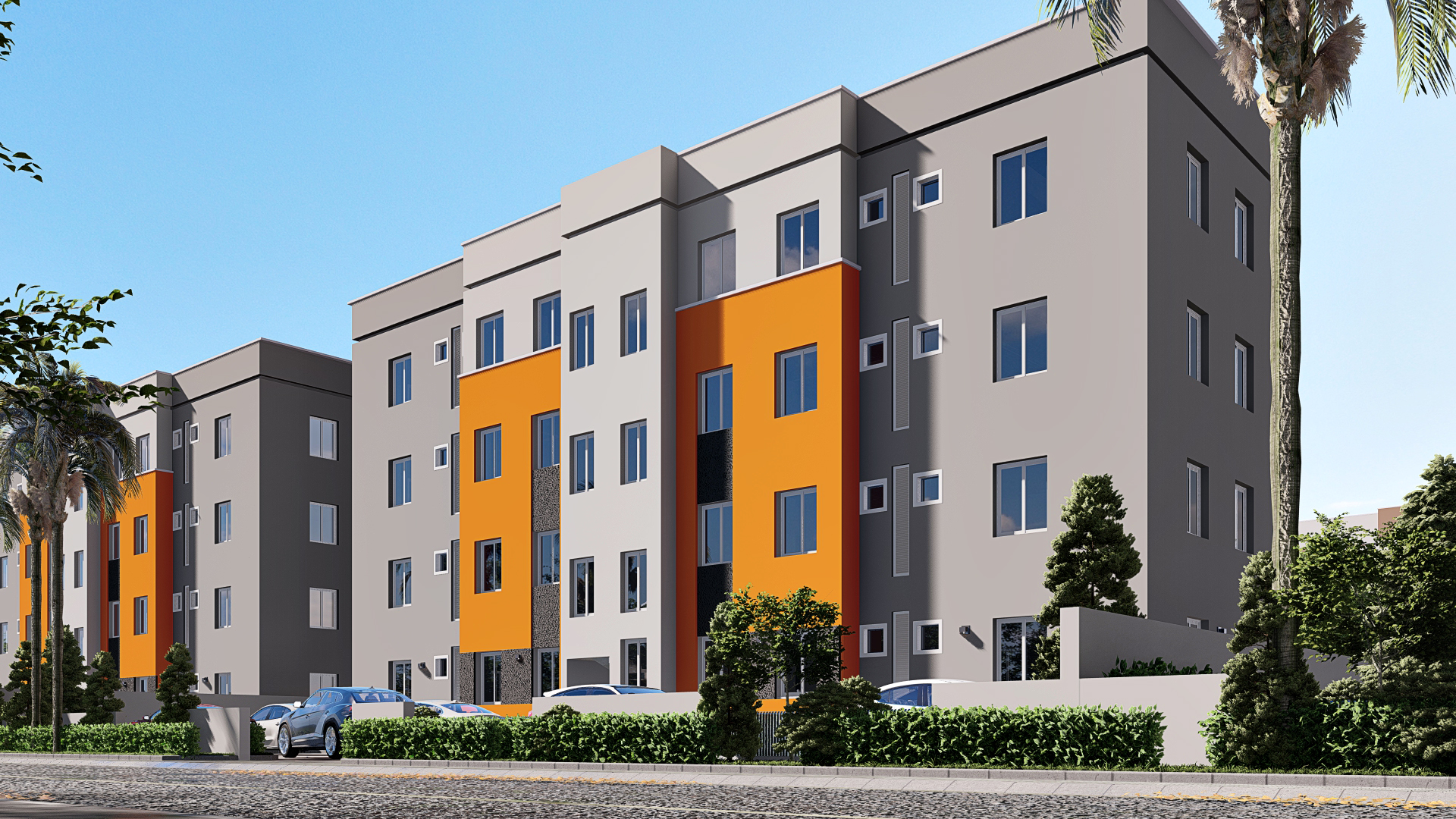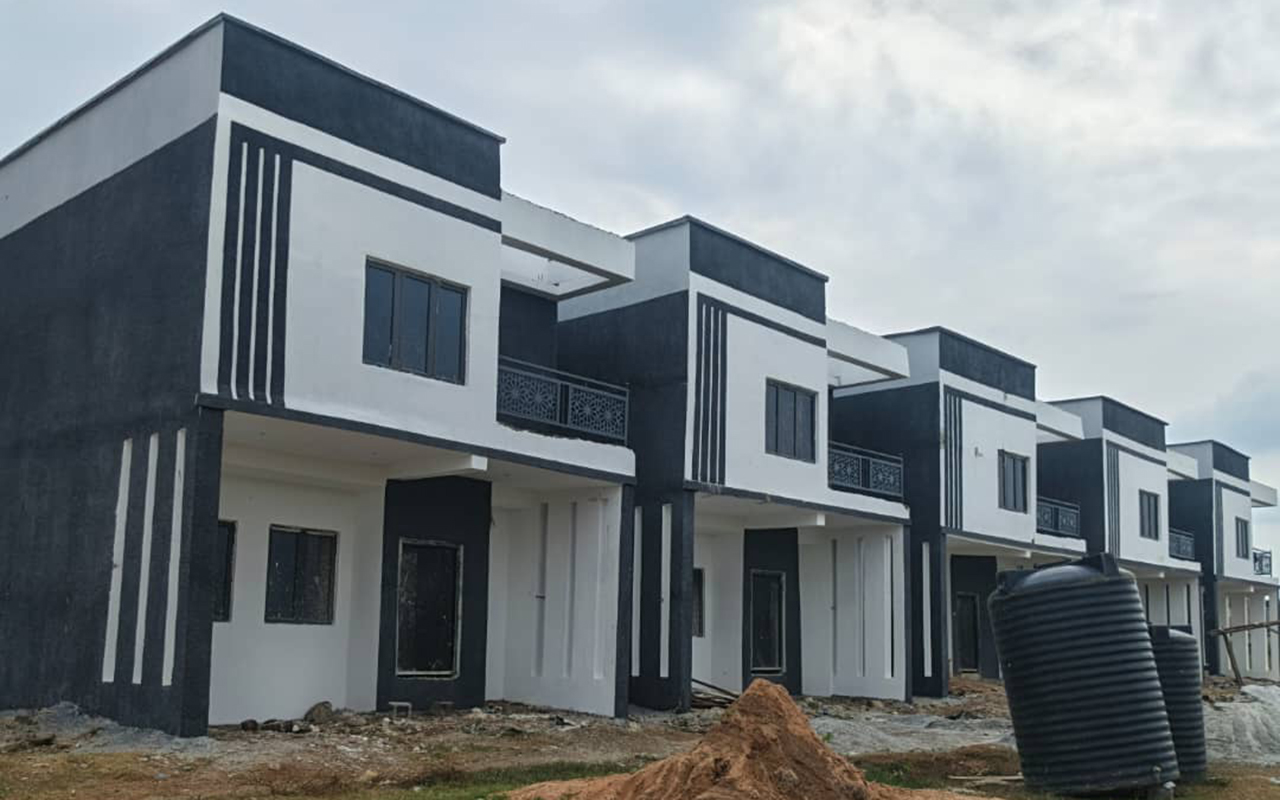
• Small, medium-sized developers to benefit from new reform
As the real estate sector constantly responds to market-driven factors, experts believe that provisions in the tax reform will allow the industry to remain highly attractive to investors and business owners.
They reiterated that while Nigerians are not averse to paying taxes, the government should streamline taxes to ensure transparency and check double taxation, which is predominant in the sector.
Tax reform appears to be a trend on the African continent. Property rates in Ghana are 0.5 per cent to 1 per cent, set by local assemblies, with urban properties understandably taxed higher – which is the case in Rwanda where taxes range from 0.5 per cent to 1.5 per cent.
South Africa’s property taxes range from 0.1 per cent to 0.4 per cent yearly, with exemptions thrown in for low-value properties. In Kenya, commercial properties are taxed at 0.75 per cent with lower rates for residential land assets. Property taxes in the land of the pharaohs are 10 per cent to 20 per cent of yearly rental value, with progressive rates based on property value.
According to the International Monetary Fund (IMF), property taxes are often under-exploited sources of local public revenues. A broad-based tax, raised at modest rates, can potentially generate significantly higher revenues in many countries.
In Nigeria, about 25 taxes apply to the real estate sector and are used to control the sector’s activities and ensure access to housing. These include tenement rate, land use charge, neighbourhood improvement tax, ground rent, property abandonment tax, capital gain tax, capital appreciation tax, capital transfer tax, building approval charge, building alteration charge, withholding tax, property inheritance, and value-added tax.
An estate surveyor, valuer and Chairman of the Association of Capital Market Valuers (ACMV), Mr Chudi Ubosi, said these taxes make real estate more expensive to the end user. “This is also because, in our clime, the end user, tenant, and purchaser are made to bear the brunt, despite the provisions of the enabling law.
“This is not however to say that taxes should not be charged or paid. They are necessary for the funding and growth of any economy. The major thing is the many times opaqueness around the calculations of the tax and operators themselves.”
Another estate surveyor and valuer, Olufemi Oyedele, said the effect of tax on real estate has not been impactful. “Our property taxes are not efficient because we rely too much on other revenue-generating sources. However, some of these property taxes are not meant to generate revenue but to redistribute wealth and ensure housing is beneficial to all citizens.
Oyedele, who stated that property taxes are dynamic and intended to ensure comfort for all, urged the government to work with professional land administrators to avoid double taxation and ensure property taxes are adequately exploited.
According to him, some property taxes have a positive effect on transactions. For example, ground rent is a statutory payment by allottees of land to show that the allottees have a terminal and not a permanent interest.
“It is laxity on the part of governments not to collect ground rent from all landed properties (land and buildings) including those of churches, mosques, other religious centres, and private schools. Neighbourhood improvement tax is charged to provide infrastructure such as tarred roads, pipe-borne water, and streetlights.”
He suggested that the government should tax completed but vacant houses, and uncompleted houses that have been under construction for over four years to boost the real estate sector. “Government should tax vacant and abandoned lands in cities. There should be a law that all vacant lands within cities that are not being used for farming or built pay tax.”
Oyedele also observed that the proposed tax reform will have a positive effect on the real estate sector. “Those earning N1.7 million will not pay income tax as they are within the property threshold. These classes of Nigerians can now use the money they are supposed to pay as tax to rent better houses.”
In the proposed tax reform, the Chief Executive Officer, Northcourt, Ayo Ibaru, explained that dividend or rental income received by a real estate investment company on behalf of its shareholders, where not less than 75 per cent of the dividend or rental income is distributed within 12 months after the end of the financial year in which the dividend or rental income was earned, with some restrictions, is exempted from taxes.
When determining profits or losses from business – rent and surcharges for income-producing land or repairs to income-generating properties, machinery, and equipment, including tool renewals and changes are included.
“The proposed revisions increase the exemption for Companies Income Tax (CIT) from N25m to N50m in yearly turnover. This will likely relieve small real estate developers, encourage reinvestment in their enterprises, free up capital for reinvestment and promote growth in the sector,” he said.
Ibaru stated that Nigeria’s revisions seek to improve tax compliance by streamlining existing procedures and lowering bureaucratic barriers. “This is especially useful for small and medium-sized developers, who frequently deal with complex tax requirements.
“Midsized developers will benefit from the gradual reduction of the corporate income tax rate from 30 per cent to 25 per cent by 2026. A new development levy of 4 per cent will be established to fund education and infrastructure initiatives.
“This, if deployed as advertised will check the supply imbalances in Nigeria’s real estate market. Taxes must convert to enhanced public services or infrastructure.
To encourage growth of the developer market, this levy is planned to decline to 2 per cent by 2030.”






